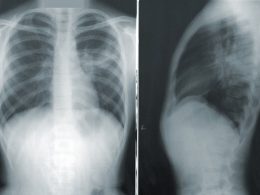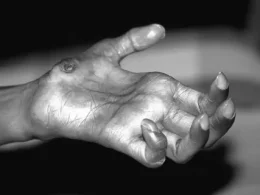Introduction: Dengue fever is a mosquito-borne viral illness that affects millions of people worldwide each year. It is prevalent in tropical and subtropical regions, including parts of Asia, Africa, the Americas, and the Pacific. Understanding the key facts about dengue fever and taking necessary precautions can help you stay safe and prevent the spread of this disease. This article provides essential information to help you protect yourself and your community.
- What is Dengue Fever? Dengue fever is caused by the dengue virus, which is primarily transmitted through the bite of infected Aedes mosquitoes. There are four distinct dengue virus serotypes (DEN-1, DEN-2, DEN-3, and DEN-4), all capable of causing the disease. Symptoms of dengue fever include high fever, severe headache, joint and muscle pain, rash, and fatigue.
- Mosquito Breeding Sites: Eliminating mosquito breeding sites is crucial in preventing dengue fever. Aedes mosquitoes breed in stagnant water, so it is important to remove or properly cover any containers that can collect water, such as flower pots, discarded tires, and uncovered water storage containers.
- Protection Against Mosquito Bites: Reducing exposure to mosquito bites is vital in preventing dengue fever. Here are some effective measures to protect yourself:
- Use mosquito repellents on exposed skin and clothing.
- Wear long-sleeved shirts, long pants, socks, and shoes to minimize exposed skin.
- Install screens on doors and windows to keep mosquitoes out.
- Use bed nets treated with insecticides for additional protection, especially while sleeping during the day (Aedes mosquitoes are primarily active during daylight hours).
- Dengue Fever Vaccination: While there is currently no specific antiviral treatment for dengue fever, a vaccine called Dengvaxia has been developed to help protect against dengue in individuals aged 9 to 45 years who have had a prior dengue infection. Consult with a healthcare professional to determine if the vaccine is appropriate for you.
- Early Detection and Medical Care: Early detection of dengue fever is essential for proper medical care. If you experience symptoms such as high fever, severe headache, pain behind the eyes, or any other dengue-related symptoms, seek medical attention promptly. Adequate rest, hydration, and appropriate medical care can help manage the symptoms and prevent complications.
- Community Efforts: Preventing dengue fever requires a collective effort. Communities can play a significant role in reducing the spread of the disease by:
- Promoting awareness about dengue fever and its prevention measures.
- Encouraging regular cleanup campaigns to eliminate mosquito breeding sites.
- Collaborating with local health authorities to implement effective mosquito control measures.
- Supporting and participating in vaccination programs, if available.
Conclusion: Dengue fever is a preventable disease that can be combated through individual and community efforts. By taking proactive measures to reduce mosquito breeding sites and protect yourself from mosquito bites, you can minimize the risk of contracting dengue fever. Stay informed, stay vigilant, and work together to create a safer environment for everyone.












